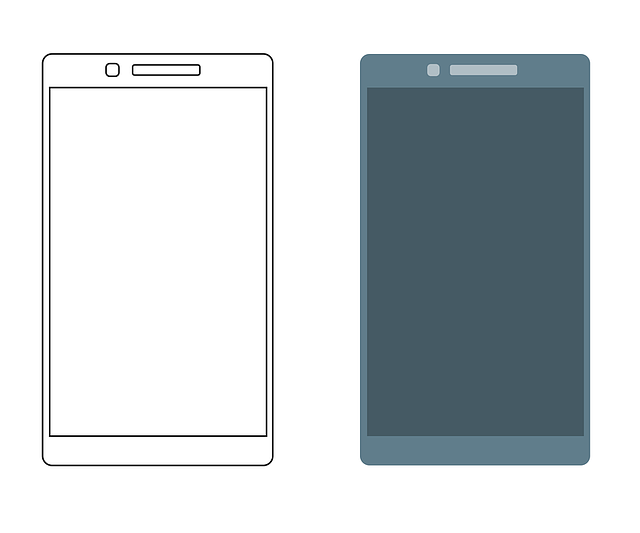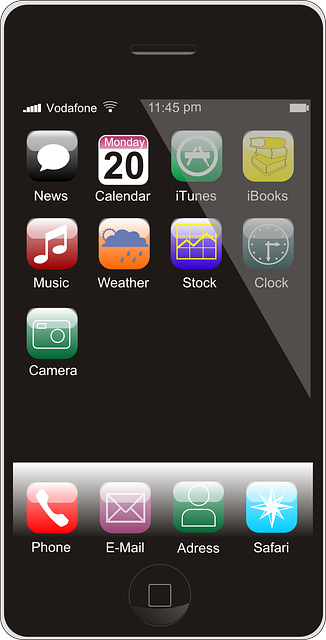New York State's strict anti-spam laws empower residents to combat unwanted robocalls and text messages through tools like the Do Not Call list and legal actions. App developers play a crucial role in blocking spam calls by implementing robust security measures, including user consent, data encryption, and regular audits, thus enhancing New Yorkers' control over their communication preferences and privacy.
In New York City, where communication channels are vibrant and diverse, the issue of spam calls remains a persistent challenge. This article explores privacy considerations for NYC residents using mobile apps, with a focus on stopping unwanted calls. We delve into New York’s stringent spam protection laws, empower users with tools to combat intrusive calls, and provide best practices for app developers prioritizing user privacy. Discover how to navigate this labyrinthine issue and reclaim control over your digital experience in the Big Apple.
Understanding New York's Spam Protection Laws
New York State has stringent laws in place to protect its residents from unwanted spam calls and text messages, also known as robocalls. These regulations are designed to give users control over their communication preferences and ensure a more secure environment for personal information exchange. Understanding these laws is crucial for app developers and users alike, especially those targeting the New York City market.
New York’s anti-spam legislation offers consumers several rights, including the ability to register their phone numbers on the Do Not Call list, restrict automated calls, and seek legal remedies against violators. For app developers, this means implementing robust measures to prevent spamming and ensuring user data privacy. By adhering to these laws, apps can promote a positive user experience while respecting New York residents’ right to peace and quiet, free from intrusive and unsolicited communications.
Empowering Users: Tools to Combat Unwanted Calls
In the bustling city of New York, where folks are always on the go, unwanted spam calls can be a real nuisance. Fortunately, there are powerful tools available to empower users and combat this growing issue. By enabling call blocking features in your phone’s settings or downloading specialized apps, you gain control over who reaches you. These applications often learn from user feedback, continually updating their databases to block not just known spammers but emerging threats as well.
With just a few taps, New Yorkers can silence unwanted advertisements, robocalls, and telemarketing calls. Many apps offer personalized options, allowing users to customize their settings based on preferences and needs. By taking these simple steps, residents can enjoy a quieter, more peaceful communication experience, ensuring that their personal time remains free from intrusive spam calls.
Best Practices for App Developers: Ensuring User Privacy
App developers play a pivotal role in safeguarding user privacy, especially within the dynamic landscape of NYC’s tech-savvy population dealing with spam calls. To foster trust and ensure compliance with data protection regulations, developers must implement robust best practices. This includes obtaining explicit consent for data collection, providing transparent privacy policies that clearly outline what data is collected, how it’s used, and ensuring secure storage of user information.
Additionally, implementing features like opt-out mechanisms in apps can empower users to control their data. Developers should also encrypt sensitive data and regularly audit their security protocols to patch vulnerabilities. By prioritizing these measures, app developers not only respect user privacy but also contribute to a more trustworthy digital environment for New Yorkers seeking solutions to how to stop spam calls.






